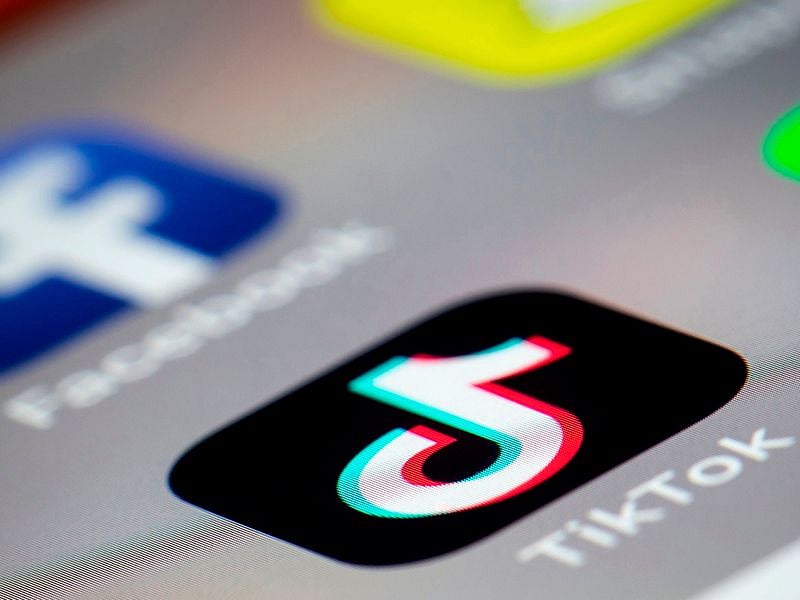TikTok launches badges for limiting doom-scrolling and improving screen time
New tools let you earn badges for mindful usage, sleep missions and screen-time limits

TikTok is introducing a suite of digital-well-being tools designed to encourage users to spend less time mindlessly scrolling and more time engaging mindfully. Among the new features are an affirmation journal of over 120 prompts, a calming sound generator (with ocean waves, rain and similar ambient sounds), and a breathing-exercise module.
On top of that, the platform will award badges to users who meet certain usage habits — for example completing a 'sleep hours' mission by avoiding usage during set night-time hours, setting a daily time limit and sticking to it, viewing weekly screen-time reports or inviting friends to participate in these missions.
Behavioural research
TikTok, acknowledging recent academic research showing that overly rigid screen-time restrictions can backfire (particularly among teens), has taken a more positive reinforcement approach. Instead of simply locking or forcing reduction of app usage, TikTok aims to reward mindful usage.
During early testing the company observed that more users visited the redesigned well-being screen compared to the older screen-time menu. The affirmation journal was by far the most popular feature in that test.
How it works
When users open TikTok late at night or exceed a self-set daily limit, the app may surface the newly redesigned well-being page, offering the affirmation journal, ambient sound generator, or breathing exercises. Completing certain “missions” (such as night-time avoidance or screen-time adherence) earns the user a badge. Badges are intended as visual recognition of healthier habits within the app.
TikTok emphasises that the badges and tools are available across age groups but especially target teens: the company says these tools were tested with adolescents, and the design aims to avoid heavy-handed restrictions while still supporting healthier usage.
Digital-well-being
TikTok’s move comes amid a wave of tech-platform responses to concerns about screen-time, mental health and youth usage. For example, media reports have highlighted 'doom-scrolling'—the tendency to keep scrolling through troubling or negative content for extended periods—and its correlation with sleep problems, anxiety and lower mood.
By combining ambient tools, behavioural nudges and gamified rewards (badges), TikTok is positioning itself as a platform taking digital-well-being seriously. Whether these features translate into meaningful behavioural change is the next question: the company’s early data shows greater engagement with the well-being screen, but long-term outcomes remain to be seen.
Network Links
GN StoreDownload our app
© Al Nisr Publishing LLC 2026. All rights reserved.